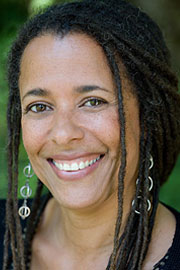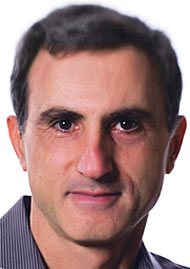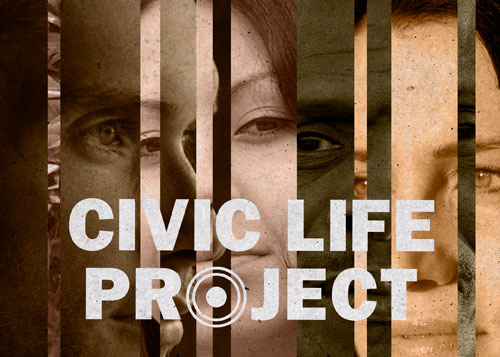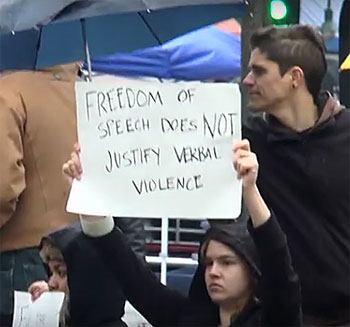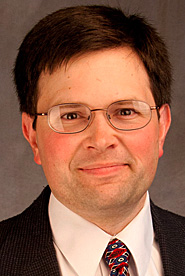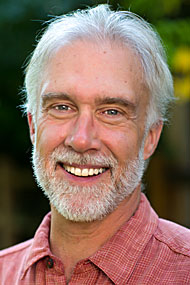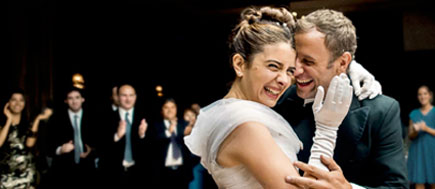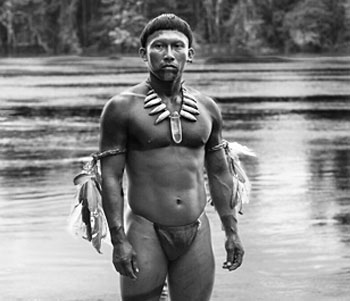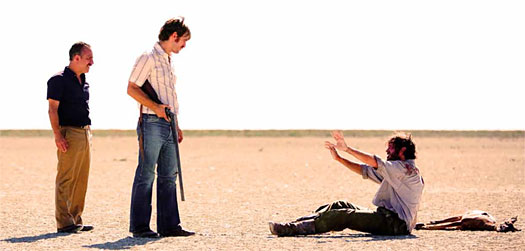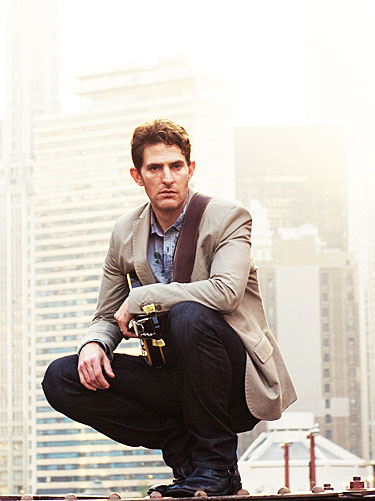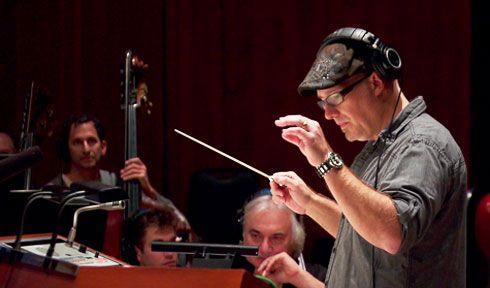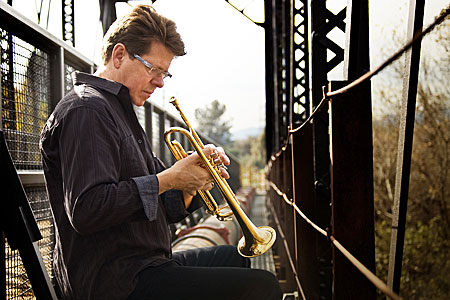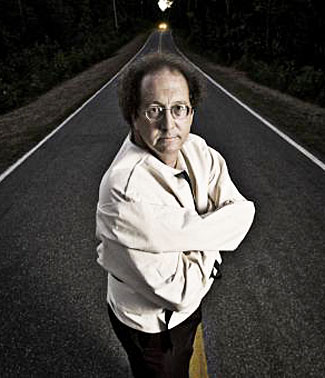Twenty-eight presentations on topics ranging from the performance of Indonesian shadow puppetry to the role of churches in the lives of North Korean refugees will be addressed Saturday, May 14 during Lawrence University’s 19th annual Richard A. Harrison Symposium.
The symposium highlights exceptional student research in the humanities and social sciences, beginning at 9:15 a.m. in various locations throughout Main Hall. A complete schedule of presentations, times and locations can be found here.
The symposium features series of 20-minute presentations arranged by topic or field. Each series is moderated by a Lawrence faculty member and includes a 10-minute question-and-answer session following the presentations. Symposium participants present their work in the format used for professional meetings of humanities and social sciences scholars.
First conducted in 1996, the symposium honors former Lawrence Dean of the Faculty Richard Harrison, who died unexpectedly the following year. The symposium was renamed in his honor to recognize his vision of highlighting excellent student scholarship.
About Lawrence University
Founded in 1847, Lawrence University uniquely integrates a college of liberal arts and sciences with a nationally recognized conservatory of music, both devoted exclusively to undergraduate education. It was selected for inclusion in the book “Colleges That Change Lives: 40 Schools That Will Change the Way You Think About College” and Fiske’s Guide to Colleges 2016. Engaged learning, the development of multiple interests and community outreach are central to the Lawrence experience. Lawrence draws its 1,500 students from nearly every state and more than 50 countries.
